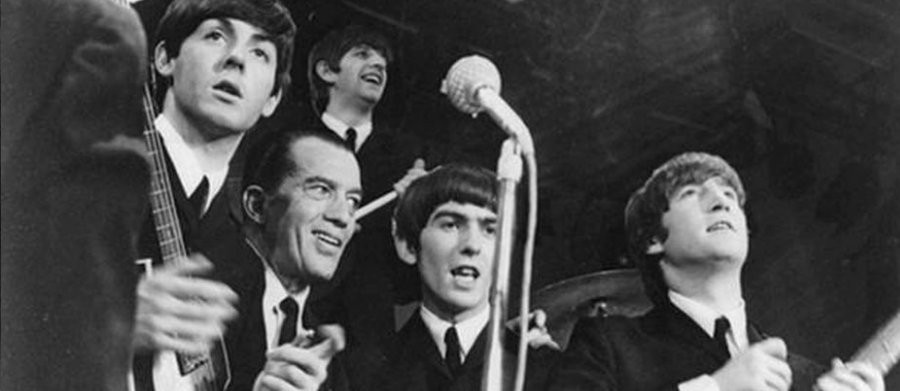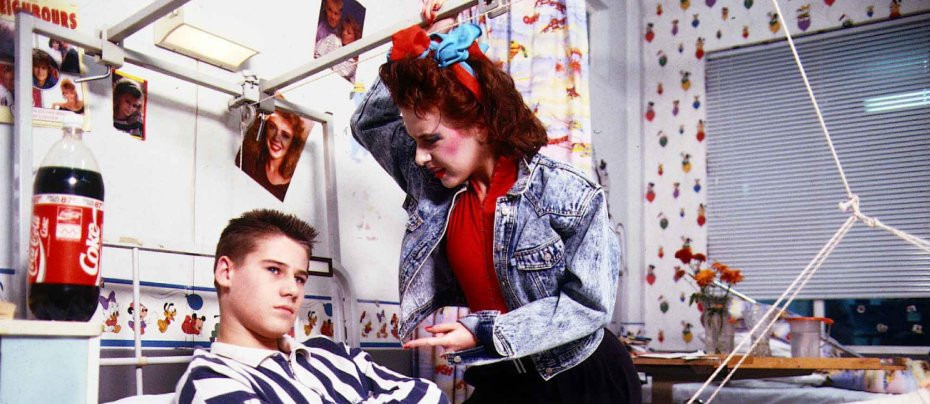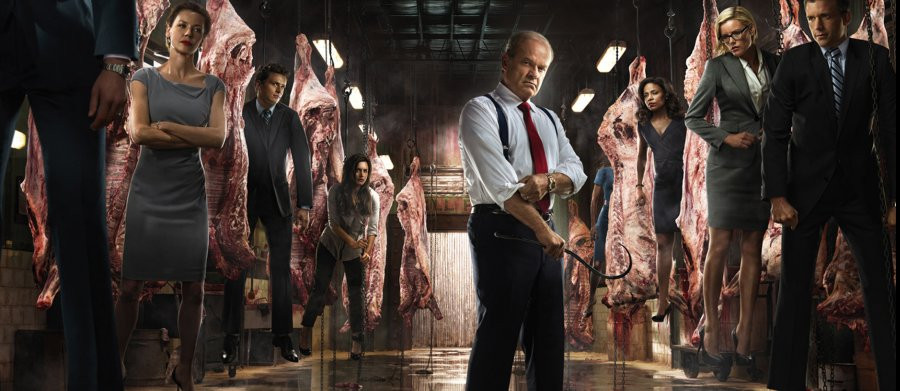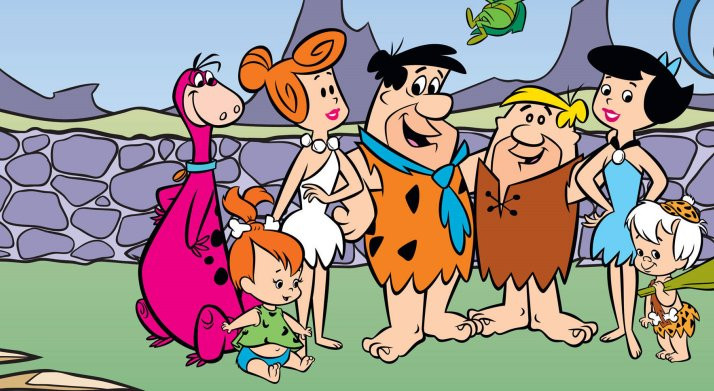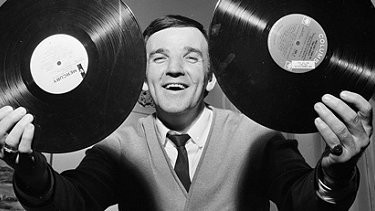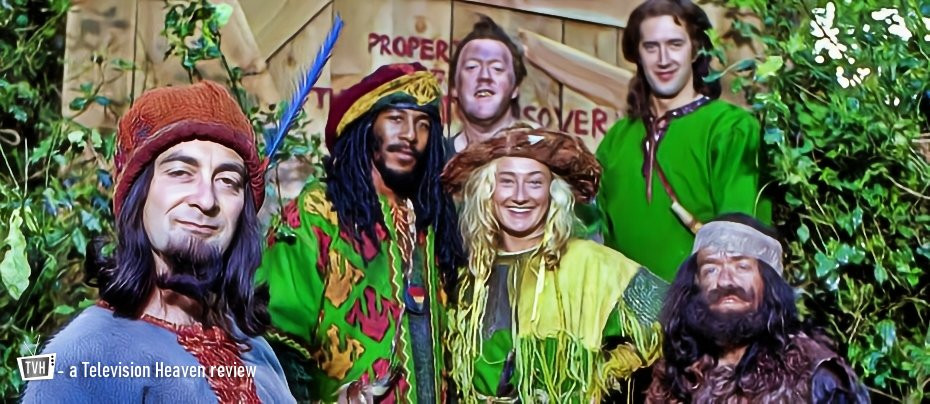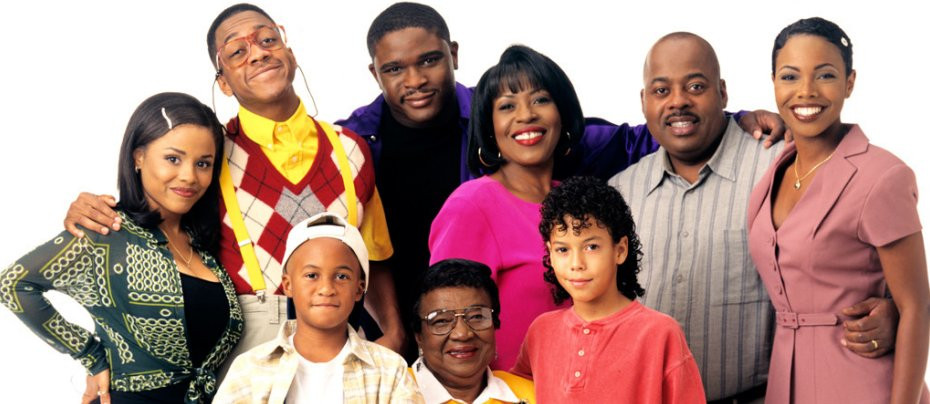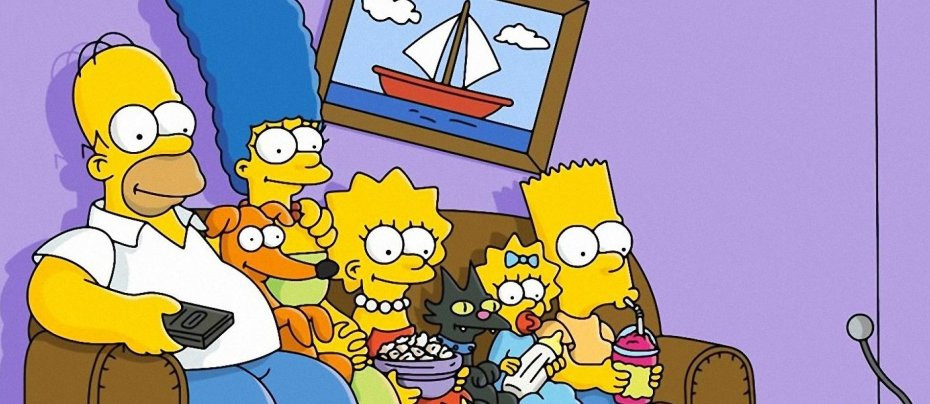
The Simpsons
1989 - United States‘the most absurdly successful episodic show ever seen on the small screen’
Review: Brian Slade
Unless you’re an acquaintance of somebody who has locked themselves away in a bunker for decades, the chances are that there is one television programme everybody you know has heard of. It’s the show that keeps going and going, breaking records, courting controversy and yet still finding an audience decades after its first appearance. It is, of course, The Simpsons.
Coming from the mind of Matt Groening, The Simpsons first appeared on screens in America as a short cartoon segment in The Tracey Ullman Show. Groening came from cartooning stock, his father also a cartoonist and filmmaker, but when it came to producing a cartoon short for the show, he decided against his initial plan to use an existing comic strip of his called Life in Hell. Instead he opted for a parody of the shows he had grown up addicted to watching, what he deemed to be bland American sitcoms. Indeed he decided to base the lead character, Bart, on Eddie Haskell, a sarcastic rebellious character from popular sitcom Leave It to Beaver. The remaining four family characters would all be named after members of Groening’s own family. The highlight of the quartet was family patriarch Homer, named after Groening’s own dad. He wanted to take the standard sitcom fatherly figure, who tended to be the hardworking, overweight simpleton, and add more extreme ends of emotion to make the character more interesting and frazzled.
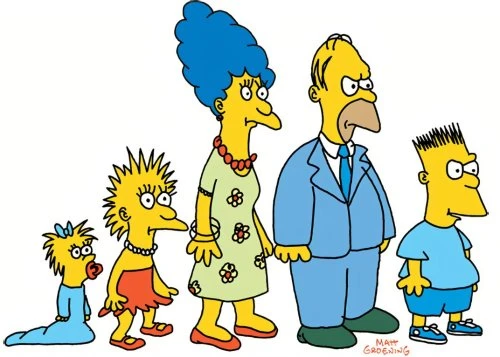
The first short aired in April of 1987, a far cry from the animation we would come to know. Groening at this point considered the animation secondary to the characters and the comedy, considering the more crudely drawn Rocky and Bullwinkle as his inspiration. He was proven correct as Fox gave the green light to The Simpsons getting a shot at its own series. So it was that in 1989, Simpsons Roasting on an Open Fire was aired in December, setting in motion the most remarkable run in American television history.

Bart and Homer would of course become centre pieces of the show’s fledgling success. They would also get the most quoted lines, Homer’s simple uttering of frustration – D’oh! – and Bart having a variety of lines, including don’t have a cow and eat my shorts. While the males of the family are blessed with laziness, rebellion and stupidity, the females play things much more down the line and are of far more intellectual stock. Marge is of course first and foremost devoted to her children, and mystifyingly also to Homer, despite the many failings in his efforts at being a good husband. Eldest daughter Lisa has most of the brains. A straight A student, she will clearly go on to greater things than previous generations of Simpsons and of all the characters hers is the one with the most angst as she battles to rise above the family gene pool but tries to remain loyal to her home life. Quite how baby Maggie will turn out remains a mystery, as she spends her time on screen crawling and devoted to her pacifier.

In that early Christmas special, we get an inkling into the personalities of some, but not all, of the other inhabitants of the mysterious town of Springfield. It’s the rich tapestry of characters around the Simpsons that really made the show such a success as the various writing teams were able to draw upon a much wider range of storylines. Homer’s work life is, as he describes it, one as a blue collar slob working for the inherently evil C Montgomery Burns at the town’s nuclear power plant. As safety officer, Homer is actually as hopeless in his role as he is at most things he turns his hand to – except drinking, at which he is expert. Most of his consumption occurs at the local bar, Moe’s Tavern, where along with owner Moe Szyslak, Homer drinks his troubles away alongside work pals Lennie and Carl, and local bar fly Barney Gumble.
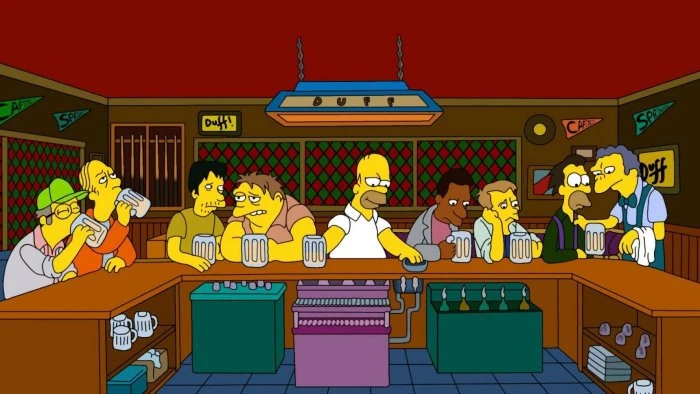
At school, Bart and Lisa have their own challenges. Lisa is absurdly intelligent, which puts her at odds with most of her classmates, hence she finds true friends hard to come by. Bart has no such issues, his rebellious nature making him the object of respect from best friend Milhouse Van Houten and at times, even school bully leader Nelson Muntz, whose mocking ‘ha-ha’ would also become a well-used catchphrase.

New characters quickly appeared and evolved as The Simpsons swiftly found its feet. Mr Burns had a devoted assistant, Waylon Smithers, whose loyalty masked a passionate obsession with his boss. Next door to the Simpsons were Ned Flanders and his family, Ned being straight-laced and dull, becoming a target of Homer’s frustration on many occasions and becoming often referred to as Stupid Flanders.

By season three, Groening began to draw back from the frontline script-writing duties and the comedy creators would change on a number of occasions, each bringing their own skills to the table. The animation also began to become significantly more refined. Up until season nine are considered by many to be The Simpsons at its peak, after which it was judged to become a little more hit and miss with its character development and a little more obsessed with just cramming laughs into the script, but by then the show’s success had become global. As such, a queue of guest stars appeared from all corners of the world, including such names as Paul McCartney, Leonard Nimoy, Green Day, The Rolling Stones, Simon Cowell and even Tony Blair. Perhaps the most successful of all has been Frasier star Kelsey Grammer, who was asked to voice Sideshow Bob, the former assistant to local television’s kids performer Krusty the Clown and whose main goal in life became to kill Bart. Realising they were onto a winner, Bob was written into many episodes, frequently escaping incarceration to try a new murderous scheme, the writers even bringing in Grammer’s on-screen brother in Frasier, David Hyde Pierce, to voice Bob’s own brother Cecil.
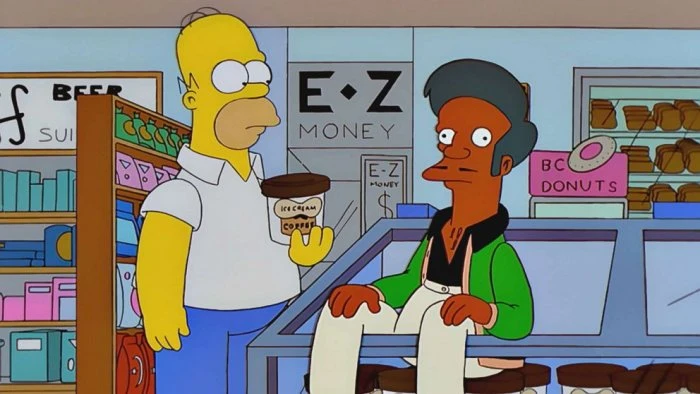
Of course spanning so many years, times move on and so while some people simply refer to a perceived decline in quality of later years, The Simpsons has faced criticism for stereotyping and allowing white actors to voice black characters in recent years, resulting in a number of changes in the vast array of vocal talent along with the loss of long established character Apu, who ran the local Kwik-e-Mart. With 700+ episodes and counting, it would be almost impossible for The Simpsons not to have hit some levels of controversy.
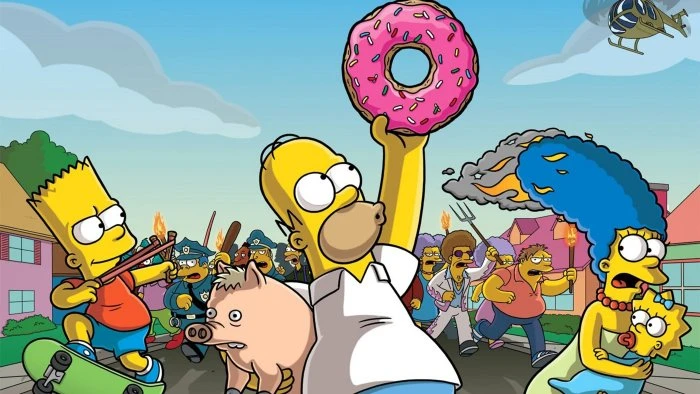
In 2007, The Simpsons made its first foray onto the big screen, while staying on the television format the thirteenth season saw a crossover with a mysterious and anarchic family stopping in Springfield – the Griffins from Fox’s other big winner, Family Guy. It’s one of many momentous moments in the cannon of the remarkable success story of The Simpsons.
Of the reasons for the success of The Simpsons, Groening once said, ‘It’s an amazing collaboration between great animators, great actors, great writers and they all put it together and the result is something that no one person could have done individually – it’s a shared vision.’ When and where it will end remains to be seen, but however its end comes, The Simpsons will without doubt remain the most absurdly successful episodic show ever seen on the small screen.
Seen this show? How do you rate it?
Seen this show? How do you rate it?
Published on February 22nd, 2022. Written by Brian Slade for Television Heaven.


